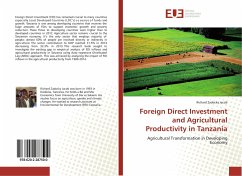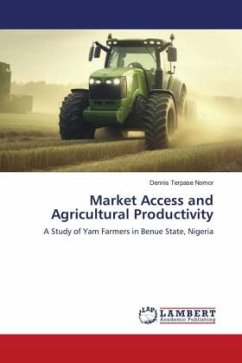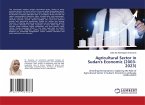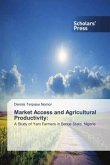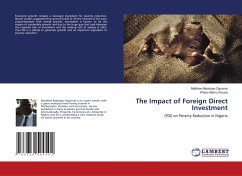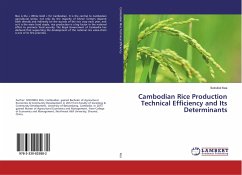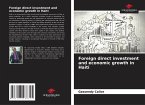Foreign Direct Investment (FDI) has remained crucial to many countries especially Least Developed Countries (LDC's) as source of funds and growth. Tanzania is one among developing countries that receives the huge amounts of FDIs to support economic growth and poverty reduction. These flows to developing countries were higher than to developed countries in 2012. Agriculture sector remains crucial to the Tanzanian economy. It's the only sector that employs majority of people; almost 60% of people are involved directly or indirectly in agriculture. The sector contribution to GDP reached 31.5% in 2014 decreasing from 33.3% in 2013. This research book sought to investigate the existing gap in empirical analysis of FDI inflows and agricultural productivity in Tanzania using Auto regressive Distributed Lag (ARDL) approach. This was achieved by analyzing the impact of FDI inflows in the agricultural productivity from 1980-2014.
Bitte wählen Sie Ihr Anliegen aus.
Rechnungen
Retourenschein anfordern
Bestellstatus
Storno

